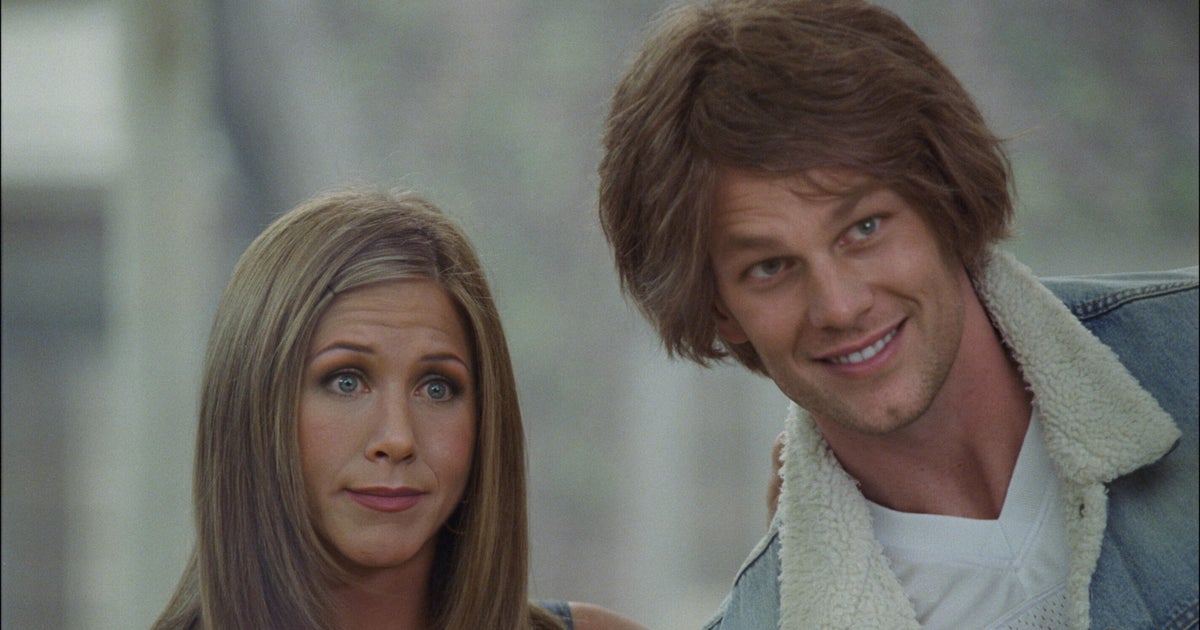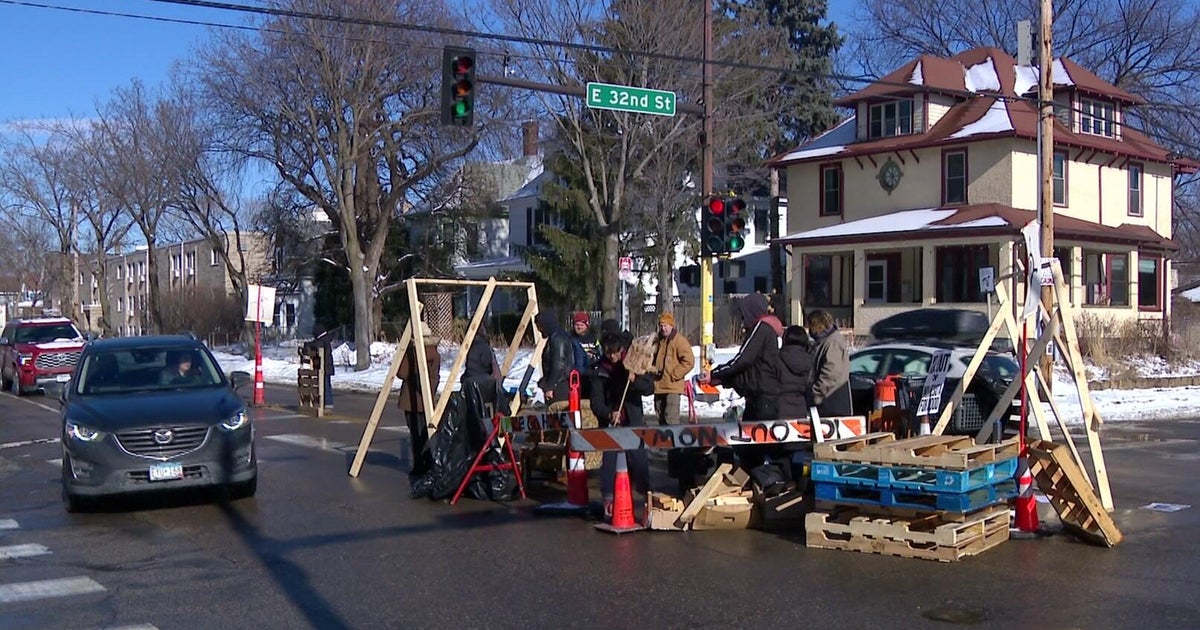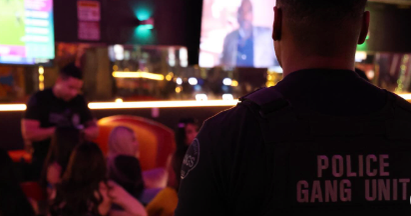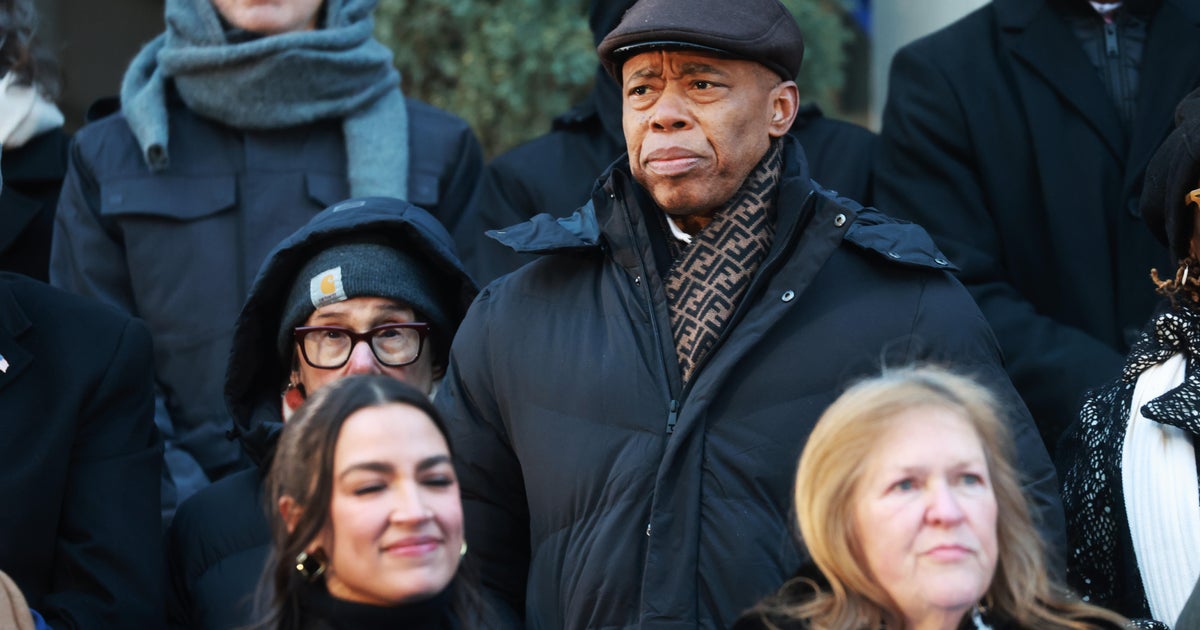Why Do Campaigns Make Negative Ads?
MINNEAPOLIS (WCCO) -- They're hard to miss -- all of the negative ads on TV. It's not something Minnesotans are accustomed to, especially so many weeks before Election Day.
"The reason we have so many negative ads is because we have so many competitive races," says David Schultz, a professor of political science at Hamline University. "When the races are so close, campaigns are more likely to go negative."
Lots of WCCO viewers have emailed with their concerns over the commercials. They want to know: Why do the campaigns go negative?
"The research on negative ads is really quite interesting," says Matt Motta, a post-doctoral fellow at the University of Pennsylvania who studies campaign advertising. "There's this interesting dynamic where people say they don't like negative ads, but they actually like many of the things negative ads do."
Motta points to research that says negative advertising talks more specifically about policy positions and better contrasts two candidates. But, whether or not these ads "work" is a different question altogether.
"If we're talking simply about whether or not negative ads sway vote choice, there's a lot of debate on that issue," says Motta.
He says evidence shows that ads can sway election results by a small amount – usually less than a two percentage points. That can be an important factor in very close races, like the Jason Lewis/Angie Craig MN-02 U.S. House race in 2016.
Schultz says negative ads can sometimes encourage the base to get upset and vote, discourage the base of the opposite side to go to the polls or prevent swing voters from voting at all.
So, if the impact is generally small, why keeping airing negative ads?
"One reason is that you don't want to fall behind," says Motta. "If your opponent is making negative attacks against you, not doing so yourself may actually influence public opinion."
Motta says the other reason is that voters are more likely to remember the negative ads.
"They tend to be more informative and memorable, so even if they don't sway the vote, they might change what people are talking about and thinking about during the election," says Motta.
The public, though, can draw a line when an ad gets too personal. Political scientists are reluctant to say ads cause a big change in the polls, but there are some stories of too many negative ads.
Schultz says third-party candidate Dean Barkley's vote totals may have gone up in the 2008 Minnesota U.S. Senate race after an unusually competitive (and sometimes ugly) campaign between the two leading candidates – Al Franken and Norm Coleman.







